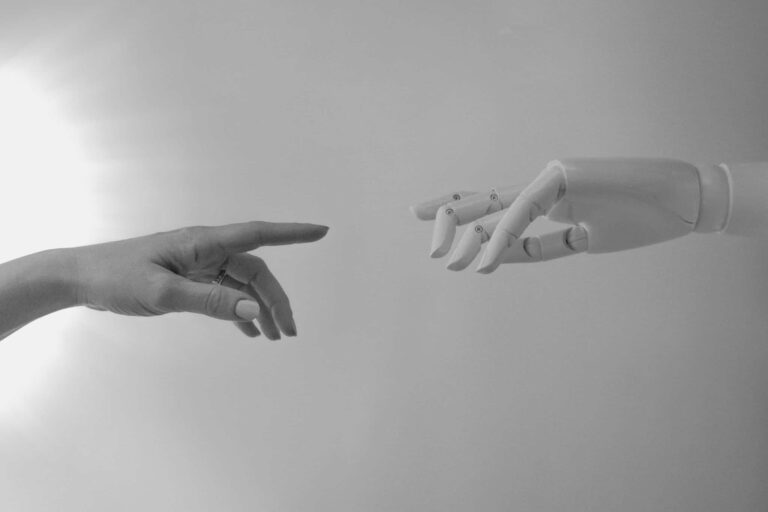Shared Digital Calendars: The Secret to Relationship Harmony?
Shared digital calendars can be great for relationships. This is especially true for relationships in which both partners are busy. A couple on the go can use a shared digital calendar to list all appointments. Each partner can note down events on the calendar. Both partners can be aware of the couple’s overall schedule. Having a shared digital calendar can lesson the potential for schedule-related arguments. With shared digital calendars, for example, people are less likely to forget appointments. Also, people can figure out ways to adjust the schedule to be easier to manage.
Issues in Relationships Shared Scheduled Calendars Can Mitigate
Scheduling can create areas of disconnect in a relationship. These areas can be logistical. People may miss crucial appointments or schedule multiple important activities to occur simultaneously. Areas of disconnect can also be interpersonal. One partner may be the go-to person for scheduling memory and may feel worn out. Also, partners may not feel they are working as a team toward goals they share.
A couple can generally have great communication. However, misunderstandings can happen. Someone may miss a text or misconstrue details of a seemingly clear conversation. These moments of disconnection can lead to people missing one another at scheduled events. This, in turn, can lead to conflict. HeyPartner explains, “Such incidents, though seemingly minor, chip away at trust and create unnecessary tension.”
People in a relationship may both prioritize being there for one another. However, one may by default end up doing the bulk of the scheduling work. Figuring out and remembering schedules can be stressful and labor-intensive. The person most involved with scheduling may become exhausted. Additionally, scheduling teamwork is essential for a couple to build a life together. People may feel disconnected from one another if plans are not made together.
Potential Relationship Benefits of Shared Digital Calendars
Scheduling disconnects can be minimized through shared digital calendars. A shared digital calendar can help make people in a relationship aware of scheduled activities. Shared digital calendars are central locations where appointments are noted down. These appointments can apply to one partner individually. They can also be events that both partners need to attend.
Rather than opaque and confusing, a couple’s schedule details can become clear and accessible. HeyPartner states, “This transparency builds trust and a sense of security.” A calendar like this can also help a relationship beyond ensuring everyone attends appointments. It can be a catalyst for reflection. Both partners can consider how the relationship can be more proactive and collaborative.
Implementation Ideas for Shared Digital Calendars
Add appointments to shared digital calendars right away. This is helpful for two reasons. First, this way, you are more likely to write appointments down. There is less time available for you to forget to do this. Second, this can be a way to get ahead of potential scheduling conflicts. The Everygirl states, “Life happens and things will overlap no matter how hard you try.” Knowing about events early can allow for scheduling difficulties. You and your partner can discuss what can be done. Perhaps an event can be rescheduled. Perhaps both partners do not have to be present at simultaneous events.
A shared digital calendar is a wonderful way to stay current on scheduled activities. It can also help you ascertain how busy you and your partner are. For life balance, it can be good to ensure calendars are not overscheduled. Both you and your partner can benefit from free time. The Everygirl advises, “Just because you have open days does not mean you should fill them all.”
How Shared Digital Calendars Facilitate Relationship Cohesion
Combining schedules as a couple can be fraught with mishaps. Scheduled responsibilities can clash. Periods of time can be exhausting and overbooked. Appointments can be missed. Scheduling miscommunication can prompt arguments even between committed partners. Shared digital calendars can help people in relationships avoid disputes concerning scheduling. With both partners’ schedules clearly displayed, scheduling conflicts and forgotten events can be minimized. Both people in the couple can look at how the schedule can better facilitate needs. For instance, setting aside restful unscheduled time can become a priority.
Disclaimer: This article is intended for informational purposes only and does not constitute professional advice, diagnosis, or treatment. If you are experiencing significant relationship challenges or emotional distress, please consult a licensed therapist, counselor, or mental health professional.







